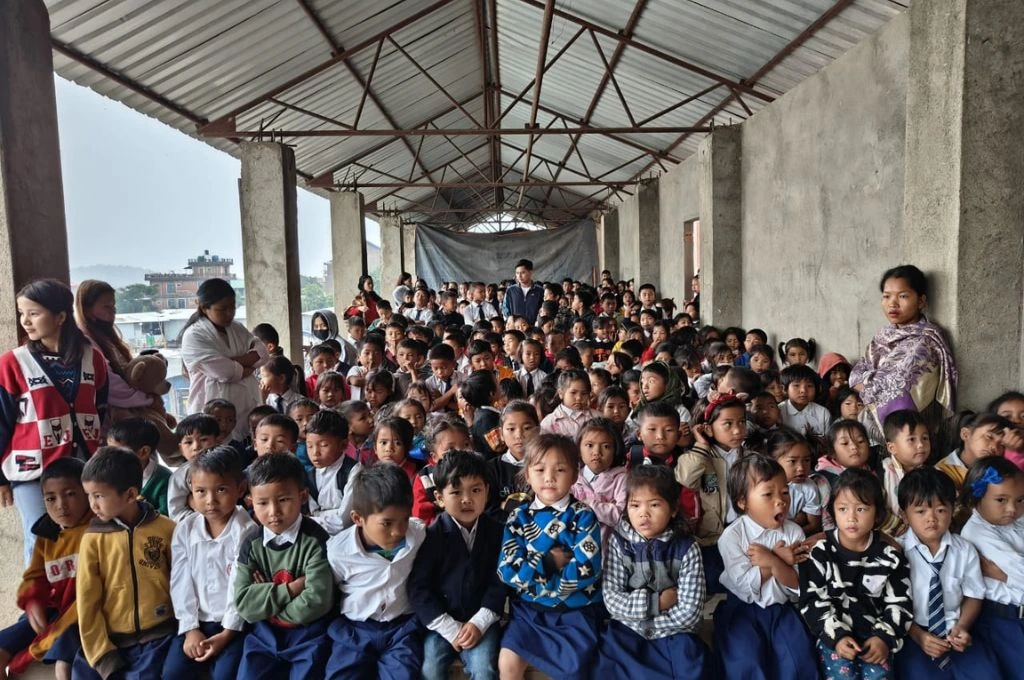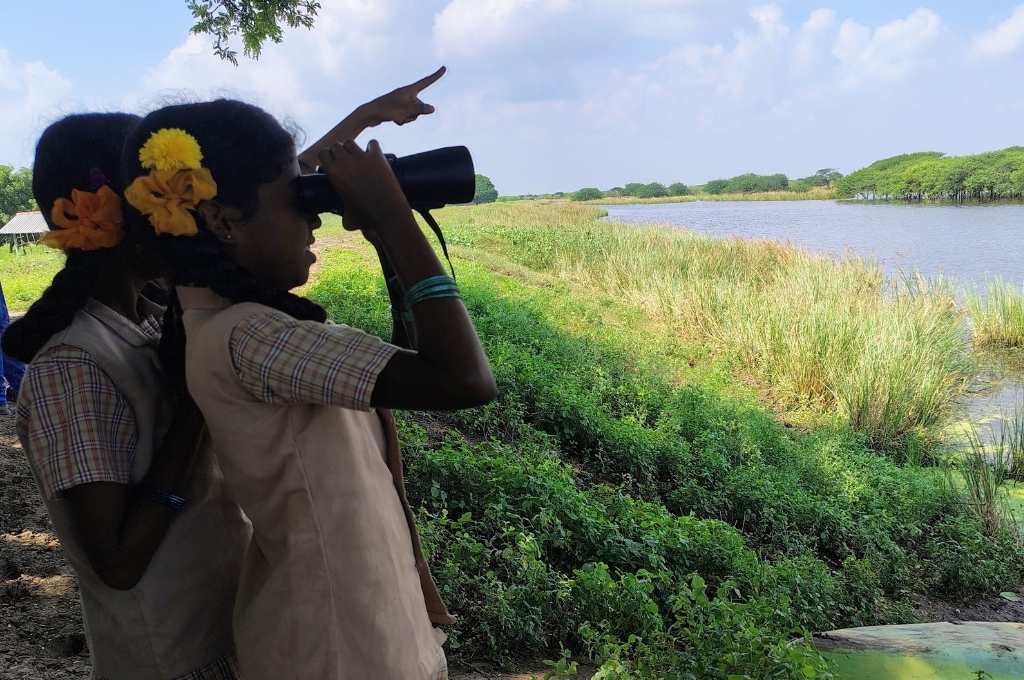“Will the city give us work again?”
Bapu and Tapaj are from Kusunda, a village in Cuttack district, Odisha. They both migrated to Bhubaneswar for work, and were employed in the city for the last five years. Due to the COVID-19 crisis, they have returned to Kusunda, wondering what work will they be able to do in the village using the skills they have developed in the city.
Bapu is 25 years old, and was working as a driver with a travel agency in Bhubaneswar. When business slowed down, he returned to his village. “I can’t do physical work or earn as a daily labourer in a paddy field, because I am used to driving,” he says.
Tapaj, who worked at a printing press which is closed right now, is in a similar situation. The owner of the press has said that he will think about paying his employees only after he gets new orders.
Bapu and Tapaj have no idea what their futures look like once the lockdown lifts in Bhubaneswar. Many skilled and semi-skilled labourers who have been working in cities are faced with a similar dilemma. Neither can they do the labour-intensive agricultural or daily wage work in their villages, nor do they have access to livelihood opportunities in cities.
It remains to be seen whether cities will once again open up for these workers.
Prakash Kumar Sahoo is a social work professional, working in the sector for the last 10 years.
—
Know more: Read about how, post the crisis, we will need to repurpose our rural strategy, focusing on place-based economic opportunities, better services, and rural infrastructure.



